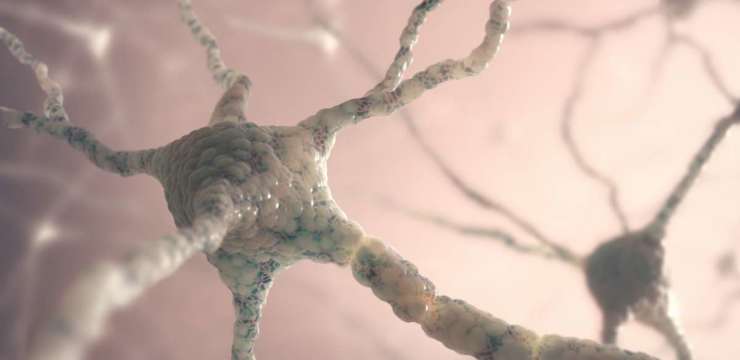Have you ever noticed that the human is the smallest newborn mammal? It turns out that we are born, and we are so immature that…

Nutrition and Wellness go hand in hand. Food provides people with the necessary energy and nutrients to be healthy and for their bodies to perform optimally. By eating a variety of colorful foods, including good quality vegetables, fruits, whole-grain products and lean meats, the body can replenish itself with the essential macronutrient (proteins, carbohydrates, fats) and micronutrients (vitamins and minerals) to function effectively. Healthy eating does not have to be hard. The key is to eat a variety of foods, which include vegetables, fruits, and whole-grains. Eat lean meats, poultry, fish, beans, and low-fat dairy products and drink about half your body weight in ounces of water. Limit salt, sugar, alcohol, saturated fat, and trans fat. Saturated fats usually come from animals. Look for trans fat on the labels of processed foods, margarines, and shortenings. Dr. Alex Jimenez and his health coach offer nutritional examples as well as describe the importance of a balanced nutrition throughout this series of articles, emphasizing how a proper diet combined with physical activity can help individuals reach and maintain a healthy weight, reduce their risk of developing chronic diseases like heart disease, and ultimately promote overall health and wellness.

Have you ever noticed that the human is the smallest newborn mammal? It turns out that we are born, and we are so immature that…

Stress, like inflammation, is a natural response. We need stress to function on a normal basis.  So, when the question arises, “Are you stressed?†the…

A woman’s concerns about her endocrine health will be on her mind each month from age 12. Indeed, hormonal cycles will always lead to a…

Endocrine function tends to decline with age, hormonal disorders, lifestyle, stress, and nutritional intake. Therefore, providing knowledge about how macro and micronutrient supplementation can improve…

One of the most common metabolic and endocrine conditions in women is PCOS (polycystic ovarian syndrome). PCOS affects 5-15% of women of reproductive age and…

Dietary changes, physical activity, and overall lifestyle modification have become cornerstone interventions to improve cardiometabolic disease outcomes. Despite the outstanding diffusion of treatment guidelines to…

Lifestyle modifications have shown to be an effective aid in treating chronic diseases, improving weight loss, reducing low-grade inflammation, and lowering blood pressure. Indeed, as…

The science behind lifestyle changes. The number of research studies that link beneficial health effects and lifestyle changes is high, and they can’t be wrong.…

The global death rate of cardiac diseases is 30%, despite all the medical advances and treatments. The main factors involved in these conditions are high…

Inflammation is something we are all familiar with. We know the precursors and how to measure it. Besides, we know that is needed…

Increased intestinal permeability is the gateway to autoimmune diseases. It has become well-known that intestinal permeability is the third element leading to autoimmune pathogenesis along…

Gluten related diseases are a global phenomenon. The numbers are outstanding; 10% of the global population reports having wheat sensitivity, and 1% is diagnosed with…

Our gastrointestinal tract hosts more than 1000 species of bacteria that work symbiotically with us to promote a balanced immune system, metabolize nutrients, harvest energy,…

What is Neuroinflammation? Neuroinflammation is an inflammatory response that involves brain cells such as neurons and microglia. Inflammation is an essential part of our biological…


Gluten-associated diseases have been on the rise in recent years. There are several types of symptoms that patients notice when gluten is consumed. Nevertheless, the…

We’ve said it before, we all have reactions to food and food disturbances. Adverse food reactions had become one of the most common doctor’s office…